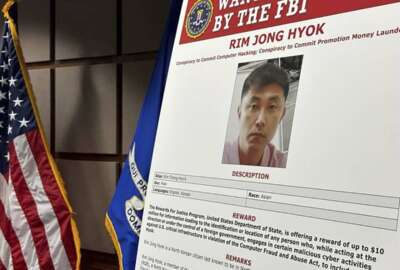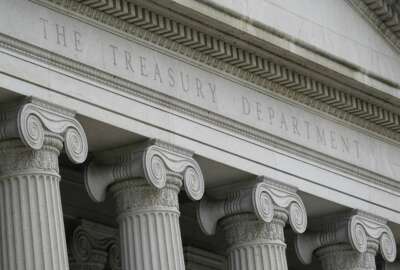Researchers: Russia-linked hackers targeted Macron campaign
Researchers with Japanese antivirus firm Trend Micro say that the campaign of French presidential front runner Emmanuel Macron has been targeted by Russia-linke...
PARIS (AP) — Researchers with the Japanese anti-virus firm Trend Micro say the campaign of French presidential front-runner Emmanuel Macron has been targeted by Russia-linked hackers, adding a little more detail to previous suggestions that the centrist politician was being singled out for electronic eavesdropping by the Kremlin.
The campaign’s digital chief, Mounir Mahjoubi, confirmed the attempted intrusions in a telephone interview late Monday but said they had all been thwarted.
“It’s serious, but nothing was compromised,” he said.
The attempts to penetrate the Macron campaign date back to December, Mahjoubi said. The campaign previously complained of being targeted by electronic spying operations that it hinted had their origins in Russia but offered little evidence to back the assertion at the time. Trend Micro’s report, which was produced independently of the Macron campaign and lists 160 attempts at electronic espionage across a series of targets, adds a measure of evidence to the claim, saying hackers set up a bogus website to harvest the passwords of Macron campaign staffers.
Mahjoubi confirmed that the bogus site was one of several emailed to campaign workers over the past few months.
Trend Micro attributed the online spying campaign to an extremely prolific group it calls Pawn Storm, which American spy agencies have in turn accused of acting as an arm of Russia’s intelligence apparatus. TrendMicro itself stopped short of saying who was behind the group, in line with common practice among security firms. French officials have also tended to be more circumspect than their American counterparts, repeatedly declining to tie Pawn Storm to any specific actor.
Russian government officials have repeatedly denied claims of state-sanctioned hacking.
The French election, the first round of which Macron won Sunday with just over 24 percent of the vote, has been closely watched for signs of digital interference of any kind. Many observers feared a repeat of the U.S. electoral contest in 2016, when hackers allegedly backed by Moscow broke into the email inboxes of the Democratic National Committee and other political operatives. Pilfered documents subsequently appeared on WikiLeaks and other more mysterious websites, putting the Democrats on the defensive during their losing campaign against Donald Trump.
Some feared that Macron, a centrist politician facing off against several pro-Russia candidates, would suffer the same treatment. Nothing of the sort seems to have happened so far, but the second round of France’s presidential contest pitting Macron against Kremlin-friendly far right leader Marine Le Pen is still two weeks away.
Copyright © 2024 Federal News Network. All rights reserved. This website is not intended for users located within the European Economic Area.




